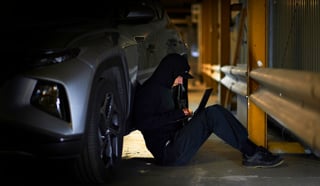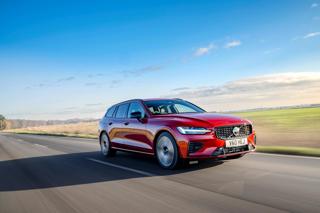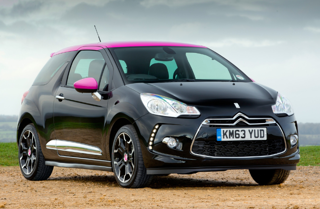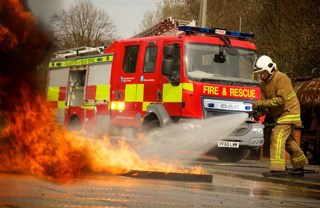With weather forecasters predicting the UK could be facing another harsh winter, Volvo Car UK is recommending a number of ways to keep company car drivers safe during the colder months.
Steve Beattie, head of business sales at Volvo Car UK, said: “Preparing people and vehicles in advance for winter weather is essential to maintain a safe fleet. Dark mornings and evenings can mean it’s difficult to do important visual checks, such as tyre tread depth and condition, so it’s vital that businesses remind drivers to take the time to do these during daylight hours.
“Headlights can cloud over due to more dirt and debris on the roads, such as sleet or snow, so these should be cleaned daily. Windscreens should also be frequently cleaned inside and out to improve visibility, which is particularly important when the low winter sun makes an appearance.
“Crucially, drivers need to know what they should do in the event of an accident. We recommend that all of these be outlined in a winter driving policy that is provided to any employee driving a company vehicle.”
He added: “With the Highways Agency urging drivers to be prepared, and long-range forecasts predicting a harsh winter ahead, it makes more sense than ever for businesses to take stock and be ready now.”
Volvo Car UK's winter motoring tips
- Businesses and fleet managers should put in place a winter driving policy, outlining any vehicle preparation, equipment or procedures that should be considered by drivers during bad weather spells.
- Drivers should ensure they check their tyres have at least 3mm of tread for wet and wintry conditions.
- Keep headlights and windows clean and clear.
- Keep windscreen washer fluid topped up and add de-icer solutions once temperatures drop.
- Check wiper blades are clean and clear, and the wiper rubber is still in contact with the frame of the blade.
- Drive defensively at dusk, being extra careful when visibility drops.
- It can take 10 times longer to stop on slippery roads, so drivers should consider their speed and allow extra time for journeys.
- Make sure drivers pack emergency kits, including warm clothing and other breakdown essentials such as reflective gear, a blanket, torch and phone charger.
- Drivers should make sure they keep the fuel tank at least a quarter full to allow for getting delayed in traffic in bad weather.
























Colin Paterson - 18/11/2018 08:46
A winter driving policy is a core and valuable enhancement to any general driving for work safety (and commonsense!) policy. And don't forget additional on road driver training for those drivers identified as higher risk.